Last Sunday and today, we have a kind of theme going on in our Liturgy of the Word. Particularly in the Gospel readings, we have had the stories of two tax collectors. Last week, the tax collector drew the scorn of the Pharisee, but went home justified because he humbled himself and asked for mercy. He literally made himself low and was raised up. Interestingly, in today’s story, Zacchaeus begins by raising himself up. Being vertically challenged, he climbs a tree so that he can get a look at Jesus who was passing through Jericho. As Jesus notices him, he is invited to come down so that Jesus can stay with him, which he does with joy.
I don’t think it’s coincidence that the Church puts these two striking Gospel stories among the closing weeks of the liturgical year. Last week, one of our staff members reminded me that we were exactly two months from Christmas, which I didn’t in fact receive with joy. It’s not that I don’t like Christmas, it’s just that the older I get, the faster time passes. And this year has been a whirlwind. But here we are, with just three Sundays left in the Liturgical Year. Advent begins on Thanksgiving weekend this year, and that’s just a stone’s throw away.
So in the closing Sundays of the year, I think it’s interesting that we have these two memorable stories about the conversion of tax collectors. You’ve heard it preached before, no doubt, that tax collectors were considered to be among the most terrible sinners, a characterization that probably wasn’t all that far from the truth. They were known to be extortionists, collecting far more tax than the empire required. And so to have two stores of their conversions at the end of the year is, I think, quite deliberate.
As we run out of time on the Liturgical year, the Church points to the fact that we really don’t know how much time we have. Clearly, death can take us at any time, and Jesus himself prophesies that we do not know the day nor the hour when he will return in glory. So conversion is urgent. We can’t wait for a tomorrow that may never come, nor presume that God will always give us more time. We have to come down from the tree, having seen the Lord, welcome him into the home of our heart, and repent of the sins we have committed in our weakness, or in our stubbornness, or in our hard heartedness.
[For 9:00am Mass, Rite of Acceptance into the Order of Catechumens: [We have here today, nine young people who have been like Zacchaeus. Yes, some are vertically challenged – at least now! – but they too have seen the Lord. And while they weren’t baptized when they were infants like so many of us, they have desired to come to the faith and embrace their cross and follow our Lord. ]You have to love this story of Zacchaeus, I think. I think there are two main components of the story that really stand out for me as hallmarks of the spiritual life.
The first is Zacchaeus’s openness. First, he is so eager to see Jesus that he climbs up a tree to get a look at him. We don’t have to go that far. All we have to do is spend some time in the Eucharistic Chapel, or even just some quiet moments reflecting on Scripture. All of those are ways to see Jesus, but like Zacchaeus, we have to overcome obstacles to get a look at him. For Zacchaeus, that meant climbing up a tree to overcome his short stature. But for you and me, that might mean clearing our schedule, making our time with Jesus a priority. Zacchaeus’s openness also included inviting Jesus in, despite his sinfulness. He was willing to make up for his sin and change everything once he found the Lord. We might ask ourselves today what we need to change, and how willing we are to invite Jesus into our lives, despite our brokenness.
The second thing that stands out for me is what Jesus says to those who chided him for going into a sinner’s house. “For the Son of Man has come to seek and to save what was lost.” What wonderful words those are for us to hear. Because we know how lost we have been at times, and how far we have wandered from our Lord. But the Lord seeks us out anyway, because we are too valuable for him to lose. And all we have to do is to be open to the Lord’s work in our lives, just like Zacchaeus was. And we need to do it now, because repentance is urgent, mercy is urgent, salvation is urgent. We know not how much time we have to return to our Lord, and there’s no time like the present. What a joy it will be then to hear those same words Jesus said to our friend Zacchaeus: “Today salvation has come to this house.”
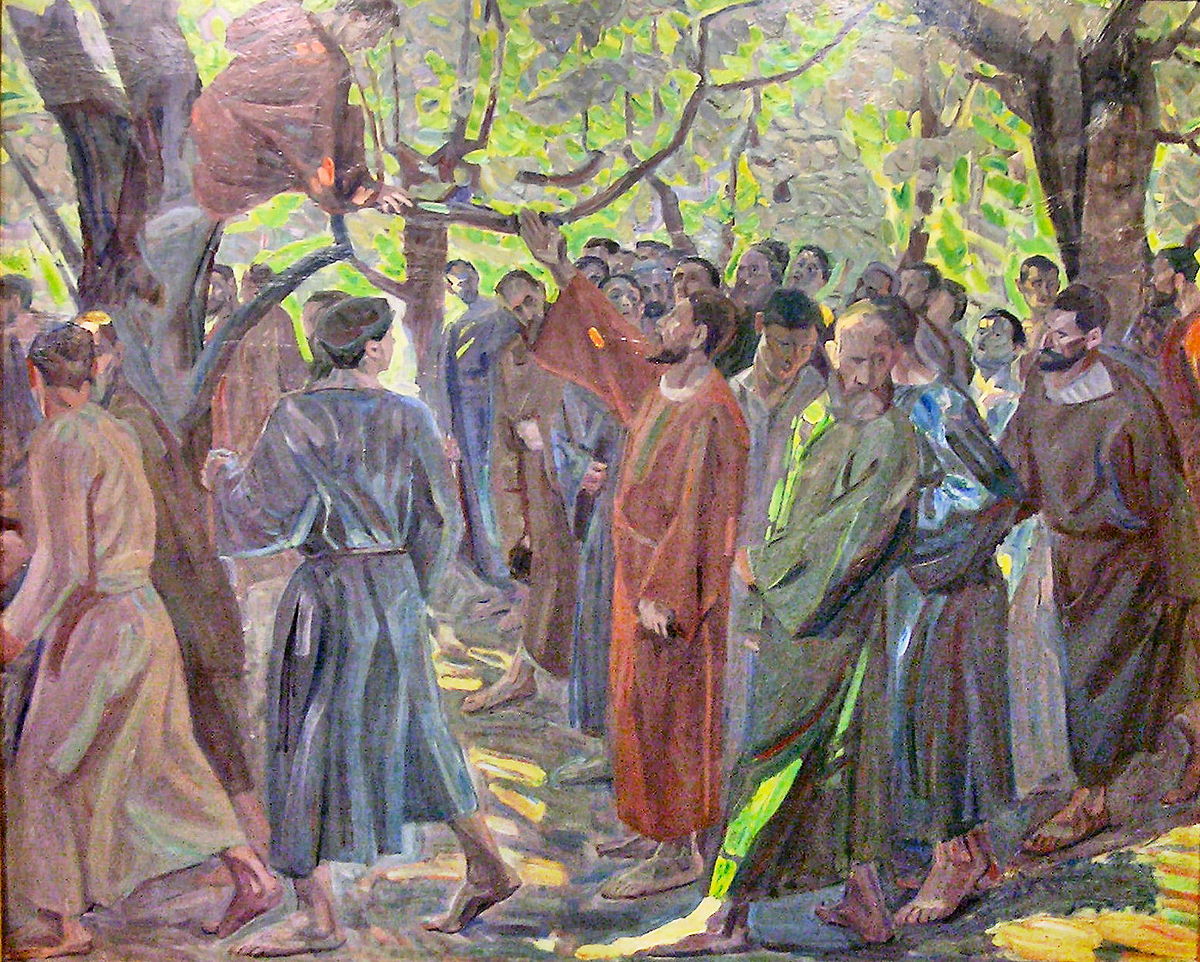
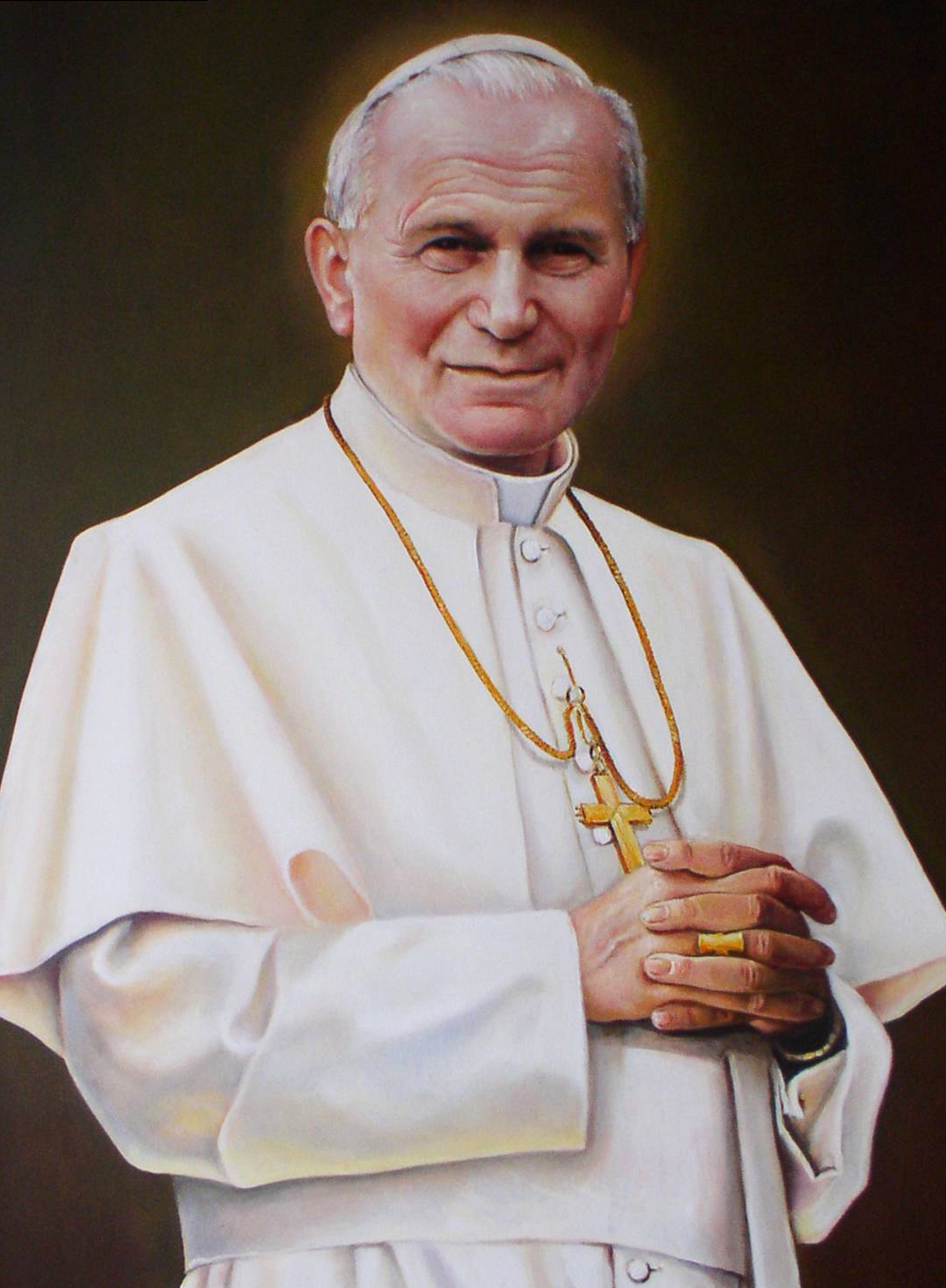
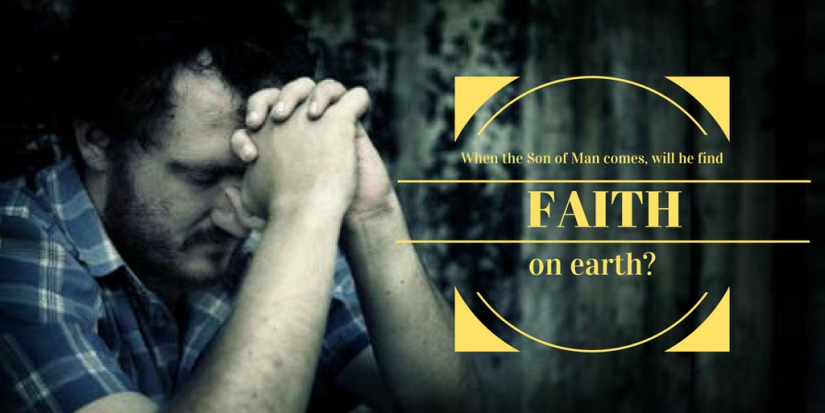


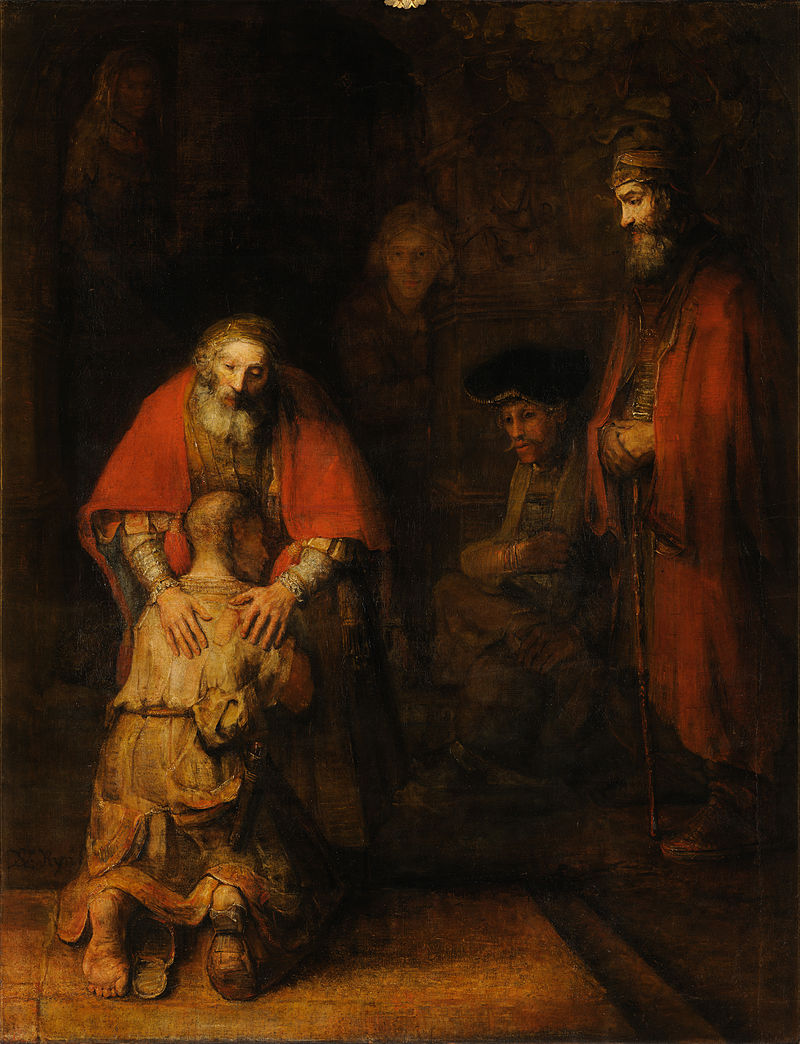
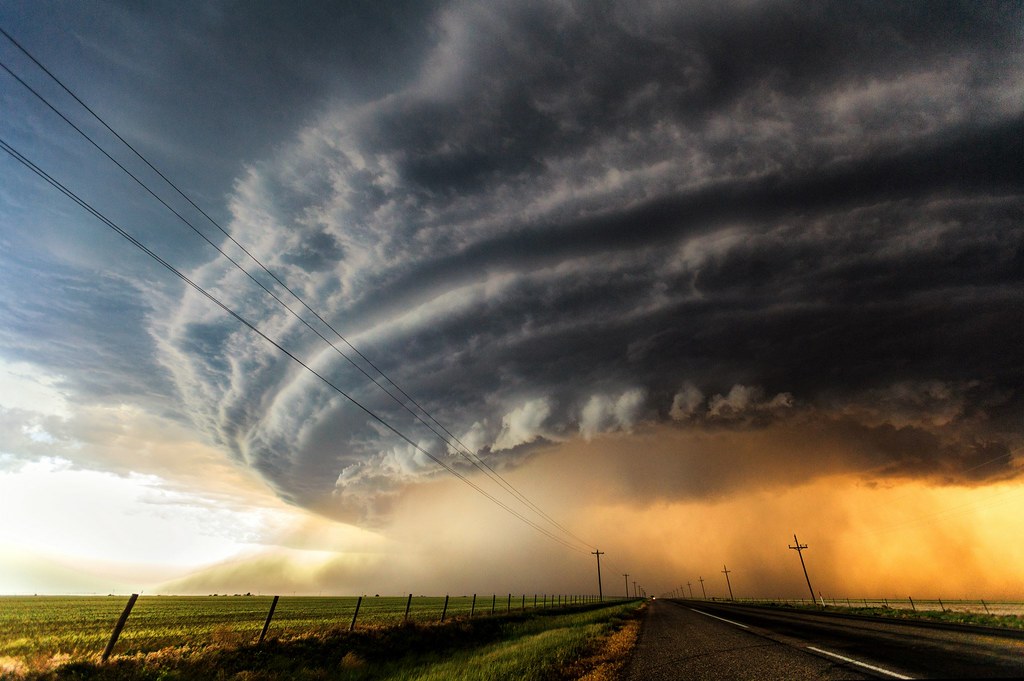
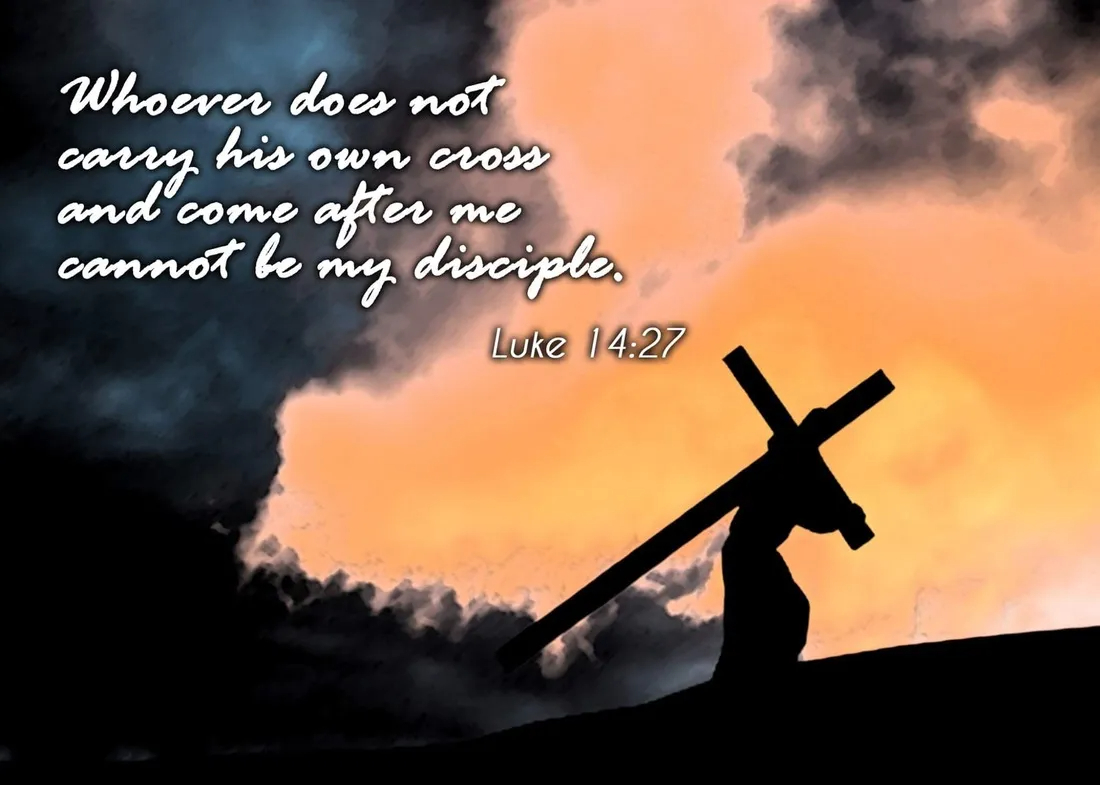
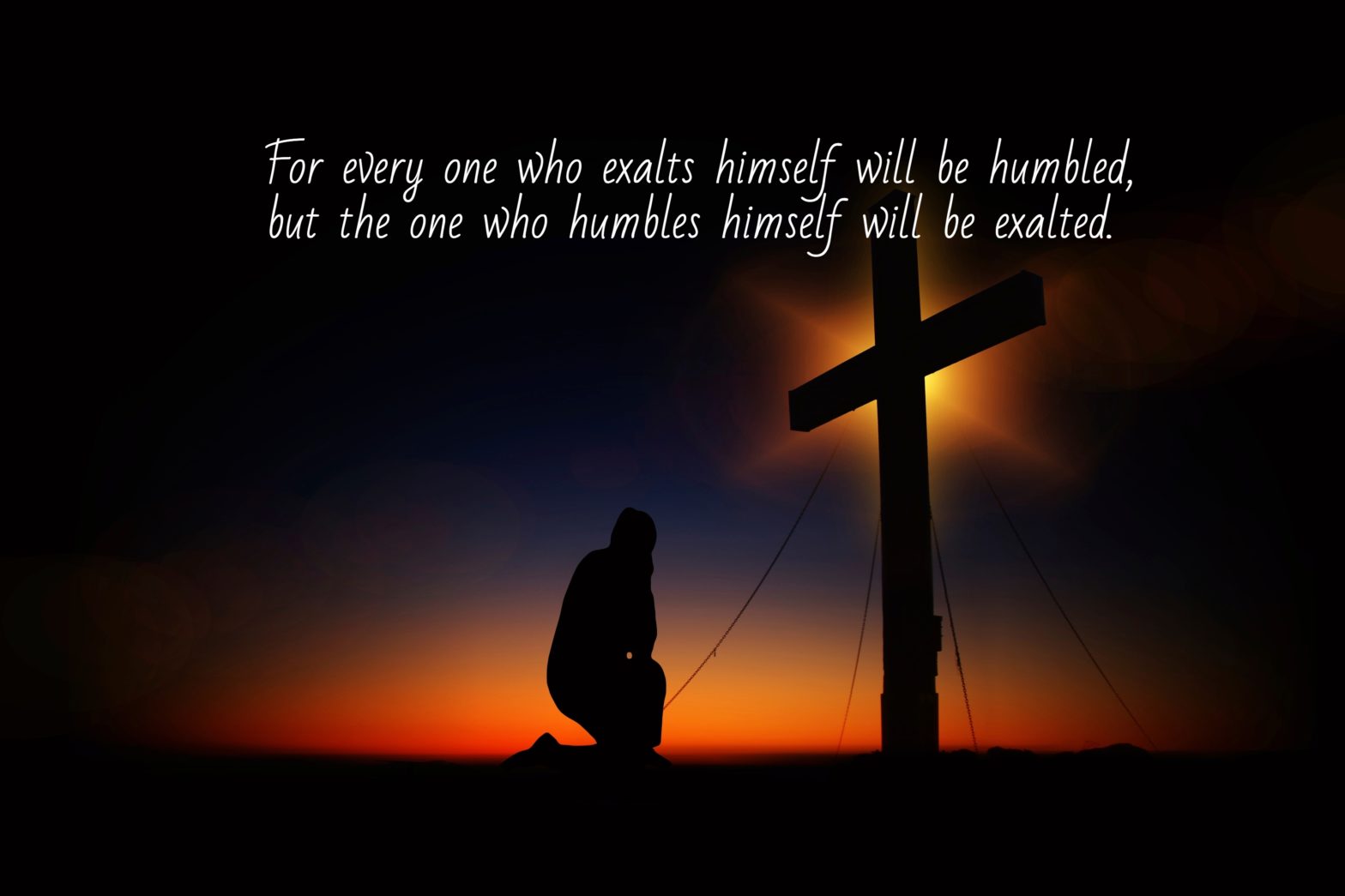

You must be logged in to post a comment.